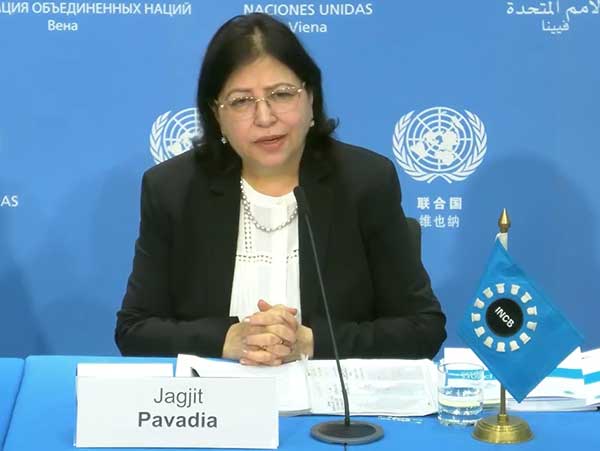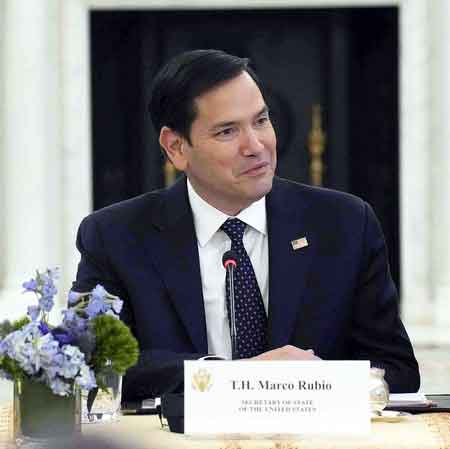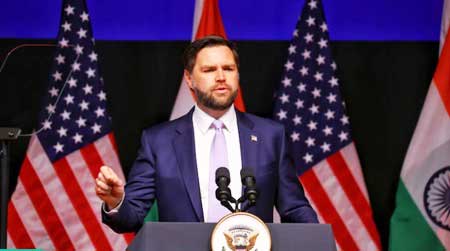India is taking proactive action to counter the illegal diversion of materials from its sprawling pharmaceutical industries and the use of an army of "underemployed" highly qualified chemists to make illegal synthetic drugs, according to the International Narcotics Control Board (INCB).
The annual report released by INCB President Jagjit Pavadia on Thursday said, "India, which is home to a large chemical and pharmaceutical industry, has witnessed the rise of commercial chemical factories that have been adapted to illicitly manufacture large quantities of synthetic drugs and their precursors".
"This development has been driven by the availability of highly qualified but underemployed chemists, who are susceptible to recruitment by criminal organisations," said the report from the Vienna-based organisation, which is a part of the UN.
"More proactive regulations are being developed and coordination among government agencies is being improved in order to facilitate the early detection and scheduling of new psychoactive substances," it said.
"In addition, the regulation of online drug sales is being improved, and both traditional and digital investigative capacities are being enhanced," the report added.
The observation about India was made amid a warning that the global demand for synthetic drugs "continues to grow" and "illicit manufacturing and trafficking organisations are expected to increase their global activities".
Unlike the drugs that are derived from plant materials, synthetic drugs like opioids, methamphetamine, Ecstasy (which is also known by its chemical initials MDMA) and ketamine are made from chemicals.
Pavadia said at a news conference that "the world precursor situation" involving the chemicals used to manufacture illicit synthetic drugs "has never been more complex and dynamic".
Ten new precursors for designer drugs with no known legitimate use have emerged and been placed under the purview of the international convention on drugs, she added.
The report said that according to India's Ministry of Social Justice and Empowerment, about 23 million people aged 10 to 75 have used drugs, mainly heroin and pharmaceutical opioids.
An estimated 8 million people were registered for opioid use disorders in India, it added.
The report said that there has been an alarming rise in the quantitiy of illicit drugs interdicted by authorities in India.
India seized 364 kg of cocaine in 2021 while in the previous three years, they averaged only about 40 kg, it said.
The report highlighted the long, treacherous tentacles of the drug trade: "The record level of seizures in 2021 was attributable to a single seizure involving 300 kg of cocaine discovered in a container that had originated in Panama and transited through Antwerp, Belgium, and Colombo."
The rise in the use of "darknet" - the secretive internet networks - and maritime routes has boosted trafficking.
As a result, seizures by India of heroin increased from 2,146 kg in 2017 to 7,282 kg in 2021, opium from 2,551 kg in 2017 to 4,386 kg in 2021, and cannabis from 352,539 kg in 2017 to 675,631 kg in 2021, the report said quoting government reports.
The report warned against the legalisation of cannabis - marijuana - that is taking place in several countries around the world.
Pavadia said, "Evidence suggests that cannabis legalisation has not been successful in dissuading young people from using cannabis, and illicit markets persist".
She expressed concern "about the expanding cannabis industry, which markets cannabis-based products in ways that appeal to young people, and about the playing down of harms associated with using high-potency cannabis products".






Satellites are continuously working to ensure India's security: ISRO Chairman
ISRO Chairman V. Narayanan on Sunday said that 10 satellites are continuously working round-the-clock for the strategic purpose to ensure the safety and security of the citizens of the country.
Indo-Pak tension: NE students studying in Punjab & Haryana moved to safer places
In the wake of the India-Pakistan tensions, various state governments of the northeast have moved their students studying in Punjab and Haryana to safer places, officials said on Saturday.
‘We are working under PM Modi’s direction’: Tripura CM
Tripura Chief Minister Manik Saha on Saturday said that he has requested the Central and state forces to work in synchronisation in dealing with the present situation arising in view of the India-Pakistan tensions.
Govt boosts social welfare schemes with increased allowances: CM
Chief Minister Prof. Dr. Manik Saha today said that senior citizens are not a burden on society and everyone needs to expand the scope of respect, love, and compassion for the elderly so that no more old age homes are required in society.
Govt launches 24X7 helpline for students studying outside the state
In light of the ongoing India-Pakistan tensions, the Tripura government has launched a 24×7 emergency helpline to support students from the state who are pursuing education in different parts of the country.
Indian army responding to Pak ceasefire violations: FS Vikram Misri
Foreign Secretary Vikram Misri on Saturday said that Indian armed forces have been responding adequately to the ceasefire violations by the Pakistani army despite the announcement of truce between the two countries a few hours earlier.
Hours after announcement of truce, Pakistan violates ceasefire
Despite the announcement of ceasefire by India and Pakistan, there was a violation by the Pakistan army on Saturday evening in Akhnoor, Mendhar, R.S. Pura, Chamb, Bhimber and Gurez sectors while loud blasts were also heard in Srinagar.